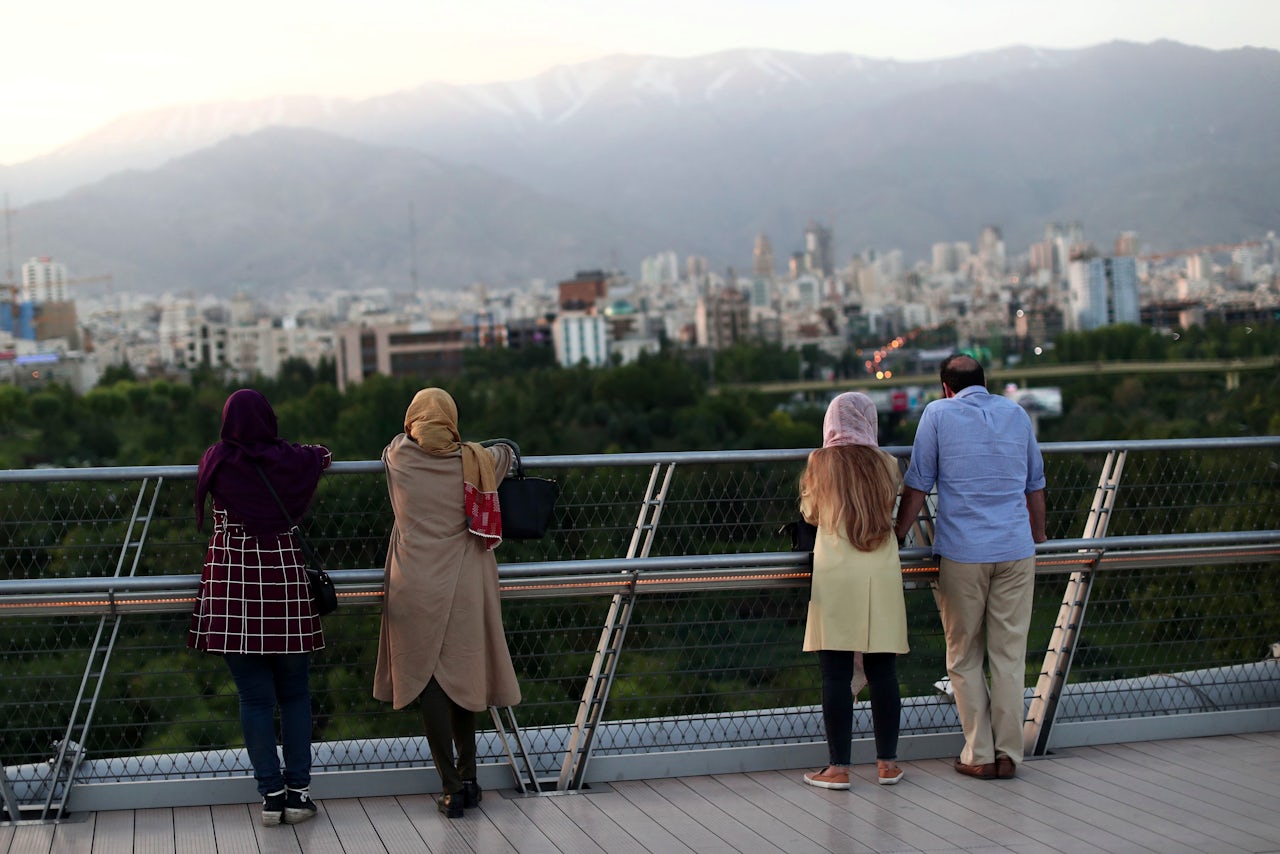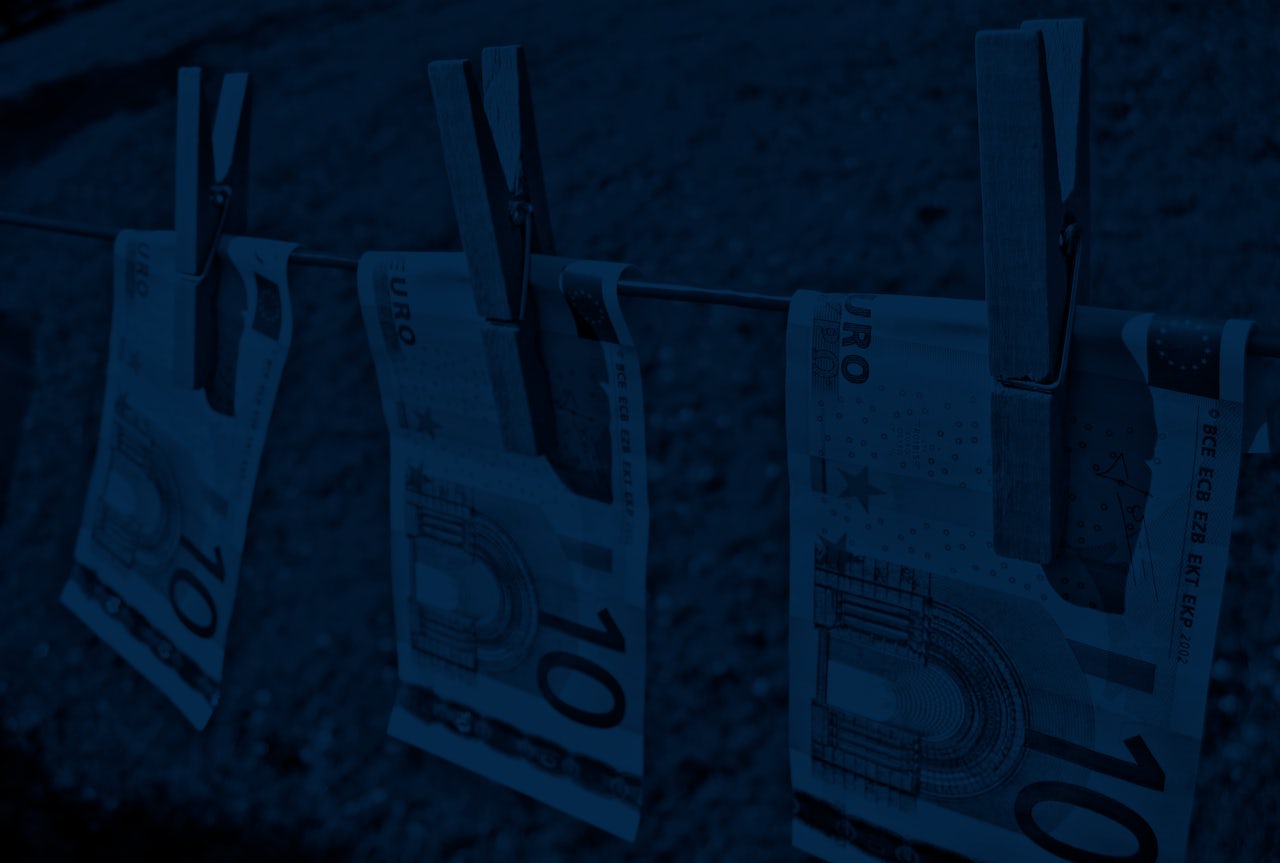An earlier version of this story incorrectly named which subsidies were receiving heavy cuts in Iran. It was the oil and bread subsidies, not oil and gas.
In recent years, spurred by advances in workplace automation, researchers and industry titans like Elon Musk have espoused the necessity of a universal basic income, payments made by the government to all citizens regardless of their employment. The general idea started picking up steam from a policy perspective in the 60s, when Milton Friedman proposed a negative income tax which would guarantee all Americans a minimum income. Proposals for a basic income generally receive familiar pushback from opponents, who say giving people free money will disincentivize them from working.
In 2011, in response to heavy cuts to oil and bread subsidies, Iran implemented a program that guaranteed citizens cash payments of 29 percent of the nation's median income. Now, six years later, the results of that measure were released in a report by economists Djavad Salehi-Isfahani and Mohammad H. Mostafavi-Dehzooeifrom for the Economic Research Forum.
The report found no evidence for the idea that people will work less under a universal income, and found that in some cases, like in the service industry, people worked more, expanding their businesses or pursuing more satisfying lines of work.
The researchers did find that young people — specifically people in their twenties — worked less, but noted that Iran never had a high level of employment among young people, and that they were likely enrolling in school with the added income.
The evidence presented in the paper is compelling, but the anecdotal belief that handing people money will make them lazy is hard to shake. “The findings in this paper do not settle this question,” the report's authors point out. “What we have accomplished is at the very least to shift the burden of proof on this issue to those who claim cash transfer [sic] make poor people lazy, and to show the need for better data and more research.”

